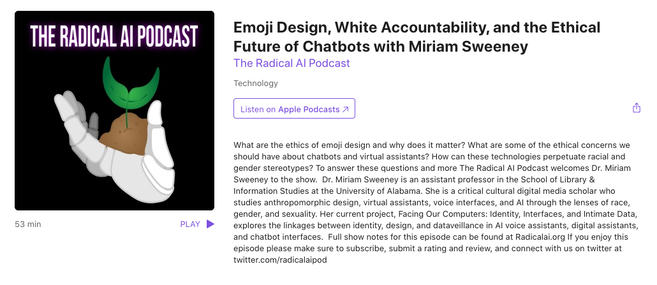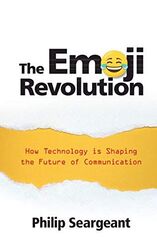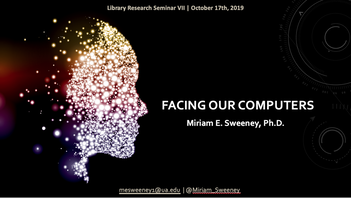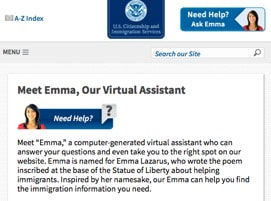|
I'm happy to share a new article, "Alexa, Are You Listening? An Exploration of Smart Voice Assistant Use and Privacy in Libraries", published with co-author (and SLIS alum) Emma Davis about smart voice assistant use in libraries. Our research explores library use of smart voice assistant technologies in user services and programming, documenting many as-of-yet unresolved privacy issues that these technologies pose for patron communities and also library staff. We urge library workers to consider that smart voice assistants pose harm to many of our patrons as extensions of policing data networks, and argue that the LIS profession has a responsibility to actively engage questions of technological harms and data privacy before advocating adoption of emerging technologies like smart voice assistants in library services.
Read more in our full article, available open access: Sweeney, M. E., & Davis, E. (2020). Alexa, Are You Listening? An Exploration of Smart Voice Assistant Use and Privacy in Libraries. Information Technology and Libraries, 39(4). https://doi.org/10.6017/ital.v39i4.12363
I'm excited to share the news that I have received a $299,997 grant from the National Science Foundation (NSF) for an interdisciplinary project that I am a co-PI on: “Using Problem-Based Learning to Increase the Ethical Reasoning Skills of Electrical and Computer Engineering Students”
The grant will kick off a three-year study that explores how engineering students’ perceptions of social responsibility (used in this work to describe the obligation that professional engineers have to act with the welfare and interests of society at large) changes after participation in this ethics focused course, the persistence of these changes over time, and compare these perceptions against engineering students from other disciplines without the freshman ethics focus. We'll be integrating critical information and data perspectives in the training of engineering students to leverage inter-disciplinary skillsets that are often siloed outside of STEM and not represented in engineering ethics training. Faculty investigators are Todd Freeborn (PI, Engineering), Claire Major (co-PI, Education), and myself (co-PI, Library and Information Sciences). The Center for Critical Internet Inquiry (C2i2), led by Dr. Safiya Umoja Noble and Dr. Sarah T. Roberts, announced the exciting news that they have received a $2.9M Award to launch the multi-year Minderoo Initiative on Technology and Power initiative: “This initiative will critically investigate the social impact of digital technologies on communities and the broader public good. It will create new paradigms for the public to understand the harms of tech platforms, predictive technologies, advertising-driven algorithmic content, and the work of digital laborers.” Congratulations to C2i2 for receiving this award; I'm so excited to be joining C2i2 as a part of their Scholar's Council, which comprises a team of "scholars, artists, activists, and leader who share a commitment to standing up to unjust technologies and systems."
I'm looking forward to working with this amazing group of people to support the development of a better future. Stay tuned!
I had the absolute pleasure of talking with Jess and Dylan, the hosts of the Radical AI podcast, about the ethics of chatbots, virtual assistants, and emoji design. They were really gracious and fun to talk with, and I can't say enough good things about the quality of their podcast. I highly recommend subscribing to the Radical AI podcast and soaking up all of the wisdom from their conversations with leading scholars in technology and media studies. (A great podcast to use in class and assign for students as well!)
Subscribe or listen to the episode here!
Read the rest of the review here!
Sweeney, M. E. (2020). The emoji revolution: How technology is shaping the future of communication. New Media & Society. https://doi.org/10.1177/1461444820907080
Abstract: Cite as: Melissa Villa-Nicholas & Miriam E. Sweeney (2019) Designing the “good citizen” through Latina identity in USCIS’s virtual assistant “Emma”, Feminist Media Studies, DOI: 10.1080/14680777.2019.1644657
|
Archives
March 2024
Categories
All
|










 RSS Feed
RSS Feed
